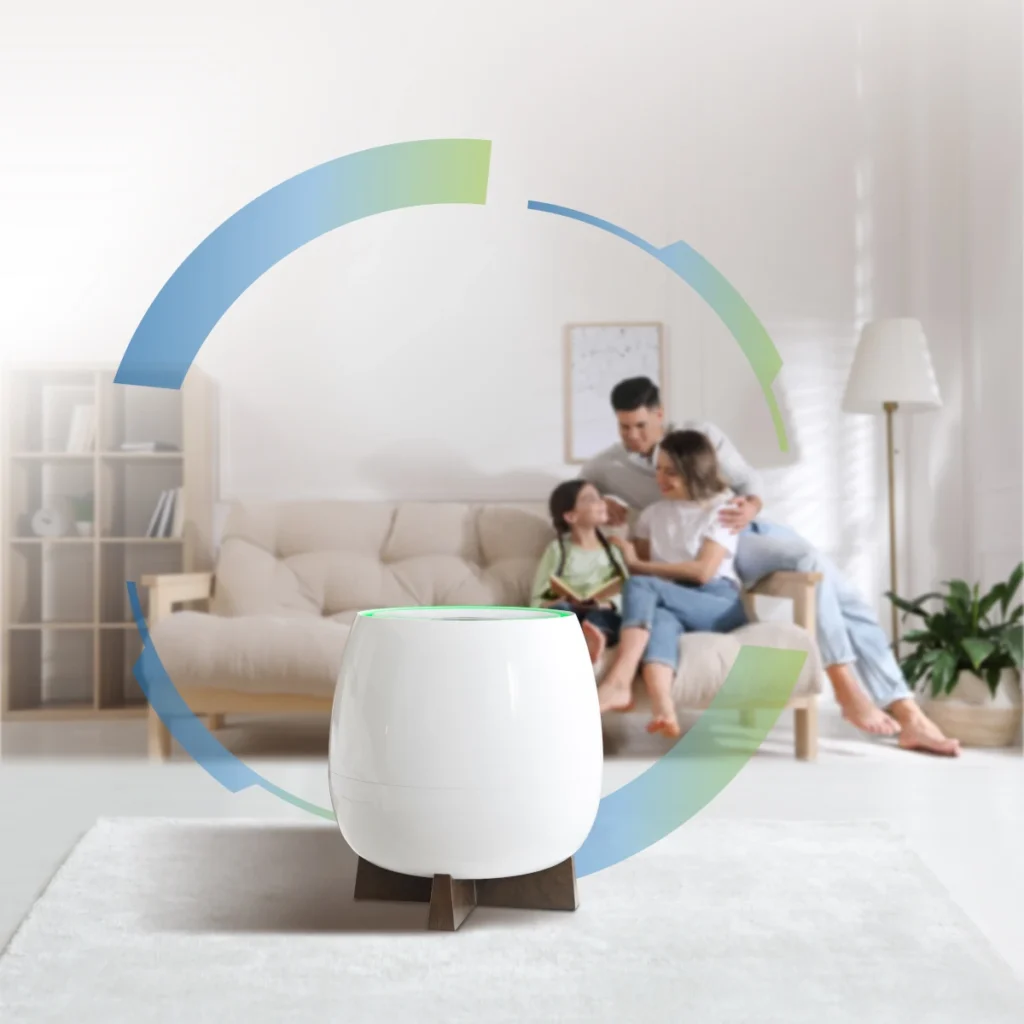Air pollution is choking the planet.
Not only are Mother Earth’s ecosystems, biodiversity and climate being adversely affected by noxious chemicals in the air, but so, too, are billions of her citizens.
Just think: It’s seven in the morning; you are about to start your morning jog, and you start coughing. Whatever happened to fresh air? Is it now unpleasant? Unhealthy? In many areas, yes! To make matters worse, it is now practically unavoidable, even in the supposed safety of your own home.
Respiratory infections, heart disease, stroke, lung cancer, and birth defects are just some health conditions that have been rising in recent years due to bad air all around us. And what’s worse is that way too many people, children included, continue to lose their lives because of it.
Thankfully, experts say there are ways out of the crisis, and we can all play a part in improving the air we breathe.
Here are a few practical things you can do to reduce the impact of air pollution.
1. Cut down on vehicle use
Our cars have become an extension of ourselves and help with everything from trips to the store to getting us to client meetings on time. Even so, there’s no denying that the excessive burning of gasoline has increased pollution levels across the globe.
As such, look to limit the impact of private vehicle use by sharing rides or using public transport instead. Better yet, why not walk or cycle to your next meeting? That’ll not only help cut down the number of cars on the road but ensure you’re staying fit and healthy too!
2. Invest in a high-quality air purifier

Air pollution is as much an indoor problem as an outdoor one. In fact, the stats reveal that the concentration of certain pollutants — aerosol fumes from cleaning products, gases from cooking, dust and pet dander, for example — inside buildings can be two to five times higher than outdoor levels.
Fortunately, a sound air filtration system is all you need to start breathing better.
Essentially, experts recommend a compact device for portability and ease of use. But you really ought to look for an air purifier that’s also versatile and powerful.
The HomePure Zayn, for one, boasts a unique five-stage filtration system that utilises cutting-edge HPP⁺ electrostatic filters, ultra-plasma ion as well as UV light. Best of all, unlike other air cleaners in its class, it can remove harmful airborne particulates as small as 0.1 microns and ventilate spaces as large as 36 sqm.
WATCH HOMEPURE ZAYN IN ACTION
3. Cook smart and say no to meat
It may not seem connected, but reducing or totally halting the consumption of meat can truly make the air cleaner and clearer.
Basically, fumes from nitrogen-rich fertilisers and animal waste have resulted in cattle and dairy farming becoming a major source of pollution.
As such, experts recommend cutting meat out of diets and opting for more fresh fruits and vegetables instead. This will both prevent thousands of pollution-related deaths and improve individual physical health.
The way we prepare food also matters. Wood fire oven pizza? Charcoal grilled barbecue? These sound mega delicious, but unfortunately, the cooking process isn’t good for our health. Choose a cleaner, more modern stove and fuel, and make sure that your cooking station has enough ventilation.
4. Conserve energy
Traditional power plants emit pollutants and water vapour into the atmosphere. So resolving to use less electricity automatically translates to cleaner air for everyone.
It also means we can make an immediate difference by simply turning off the lights and unplugging devices when not in use. You should opt, too, for greener and more energy-efficient equipment when purchasing replacements as these will help not only conserve electricity but save you money on your power bill too!
5. Grow plants and trees
Don’t stop at having plants indoors; help make the environment more green again, too. Trees and plants don’t just provide shade. They can also absorb harmful airborne particles. Thus, planting them in and around dwellings is a great way to ensure a fresher and healthier home.
That being said, do note that flora isn’t all the same. For example, while dracaenas, chrysanthemums and bamboo are great for freshening the air indoors, bigger and leafier native trees are better for outdoor environments.
Need a simple guide to get started on improving air quality at home? Check out the infographic below.
Better air begins with a collective effort.
Air pollution does not discriminate, and we’re all responsible for the air we share. As such, we all must play our part in improving the air quality around us and helping each other breathe better.







How can i become a success person when i become a Qnet member